Delectable – Treated (F1) Corn Seed
$4.55 Original price was: $4.55.$3.20Current price is: $3.20.
2000 in stock
Late-season, sugary enhanced (se ) bicolor.
Large, 8-8½", 16-20 row, small-kerneled ears are remarkably sweet and tender. Good husk characteristics and a fresh appearance. Easy to pick. Also recommended for baby corn production. The cool soil germination is average. Tiller-free, avg. 6′ plants. Intermediate resistance to maize dwarf mosaic virus, northern corn leaf blight, common rust, and Stewart’s wilt. Avg. 3,100 seeds/lb. Packet: 150 seeds.
SCIENTIFIC NAME: Zea mays
CULTURE: Planting in cold soil risks poor germination. Plant untreated seeds when soil is warm, at least 65°F (18°C). Plant treated seed when soil temperature is at least 60°F (16°C). Only treated seeds of good cold-germinating varieties may be sown in 55°F (13°C) soil and only if warmer weather is anticipated. Floating row covers may be used on early plantings to help moderate soil temperature.
PLANTING: Extensive crossing of super sweet varieties with non-super sweet varieties will cause tough, starchy kernels in both types. If you plan to grow both super sweet and non-super sweet varieties, avoid cross-pollination using any one of the following three options: 1) Plant super sweet varieties at least 300 feet from non-super sweet varieties, or 2) Stagger plantings by a 12-day planting date difference and separate each planting by 25 feet, or 3) Plant varieties that will mature at least 12 days apart and separate each planting by 25 feet. Sow 3/4–1" deep, 6–7" apart (or 2 seeds every 9", thinning to 1 plant), rows 30–36" apart. Increase this rate for untreated seeds. Arrange in blocks of at least 4 rows for proper pollination, which is needed for well-filled ears. Successive plantings can be made through early summer; most growers prefer to extend the sweet corn season by planting a few varieties of different maturities.
INSECT PESTS: Consult your local Extension office for Integrated Pest Management information. Reduce insect pests in the next corn crop by prompt plowing-in or removal and composting of cornstalks after harvest.
HARVEST: When kernels are full and "milky," generally indicated by a drying and browning of the ear silks. Record the date on which about half the plants show silk. Corn is ready to eat 18–24 days after ear silks first show; the warmer the weather, the sooner you can pick it.
DAYS TO MATURITY: Varies widely with weather conditions and planting dates. Use these figures to compare one variety to another, not to accurately predict maturity on a given day.
AVG. SEEDING RATE: 1M/500′, 5M/2,500′, 25M/12,500′, 30M/acre at 2 seeds/ft. in rows 36" apart.
SEED SPECS: SEEDS/LB.: Avg. 2,700, su/se/synergistic type; Avg. 2,900 super sweet.
PACKET: 150 seeds, sows 75′ at 2 seeds/ft.
PLEASE SPECIFY: (1) treated with fungicide seed protectants (T), or (2) untreated seeds. We offer most varieties untreated for organic growers. All fungicide treated corn seeds are polymer-coated after treatment to reduce rubbing off or dusting of the treatment.
| Weight | 1 kg |
|---|---|
| Dimensions | 1 × 1 × 1 cm |
Be the first to review “Delectable – Treated (F1) Corn Seed” Cancel reply
Shipping is an additional 15-29 business days depending on location. Shipping time will be provided at checkout.
Returns
If seeds fail to leave China, we will refund your payment 100%. But if seeds fail to reach you due to customs problem on your side which we were not informed in advance, we will not be able to bear any loss, and no refund will be made.
We sell only viable plants seeds online, and test germination of our seeds from time to time. So we will not be able to refund for seeds that clients fail to germinate, unless we are convinced that it's truly problem of our seeds.
———
Please send us an email: seedspay@gmail.com and be as detailed as possible while filling in the information.
After submission, We will reply to you within 24 hours. Please be patient.
———
CHARGEBACKS & DISPUTES
Please contact us by email before opening a merchant chargeback or payment dispute, as we can generally resolve the issue before that takes place. Any chargebacks and disputes disable our ability to issue refunds or credits due to funds being frozen.
———
REFUND, EXCHANGE AND RETURN
Customers have the right to request a refund/ return/ exchange within 14 days from the delivery date. Our Customer Service team will offer the best solutions for specific situations.


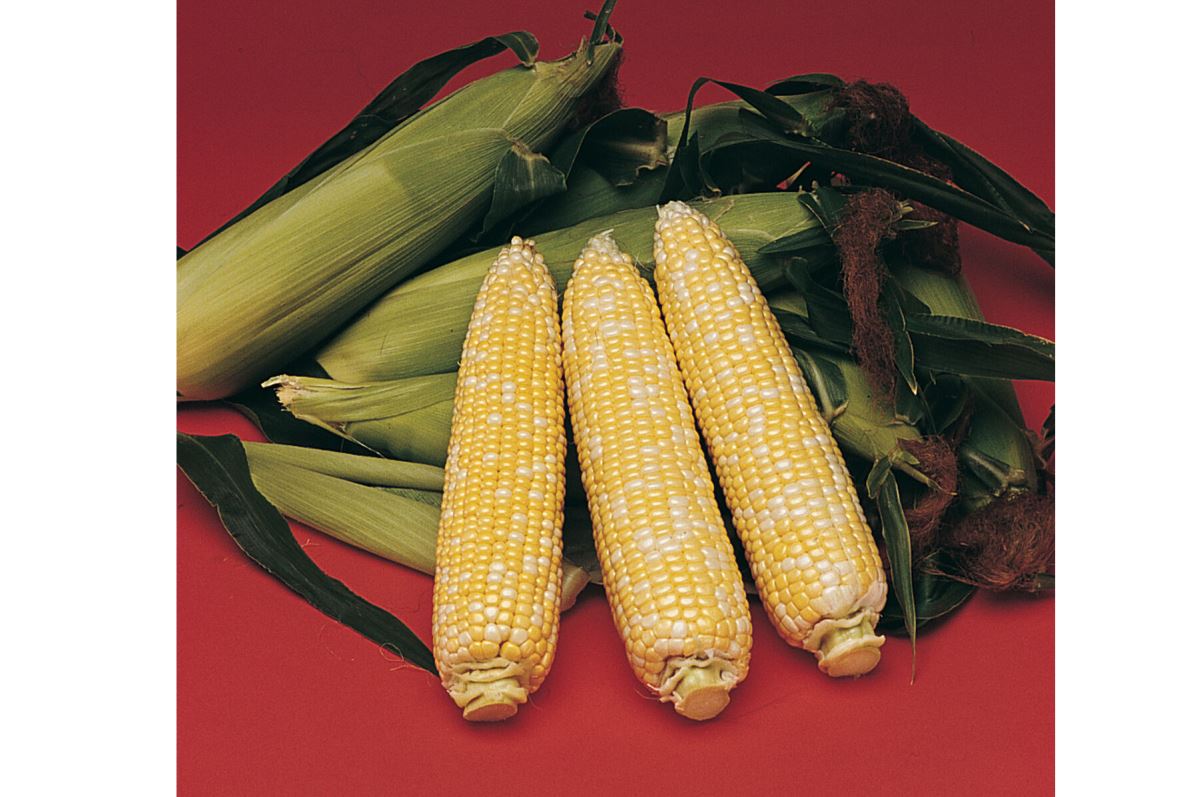

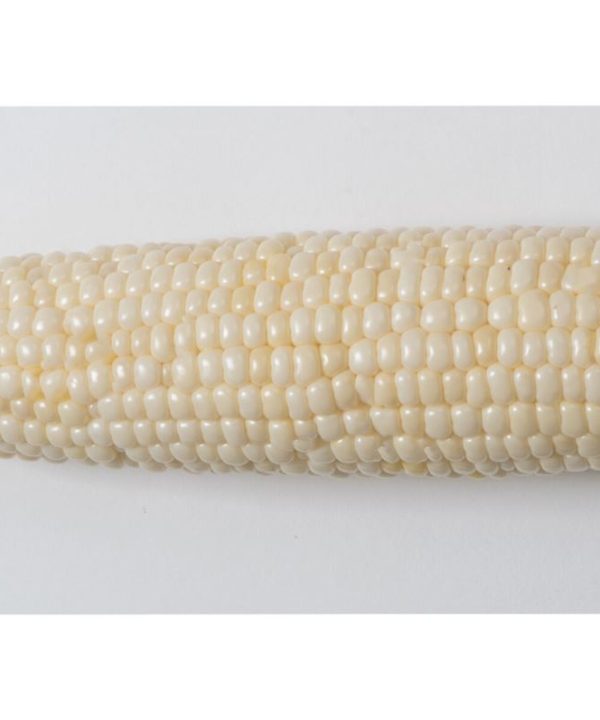
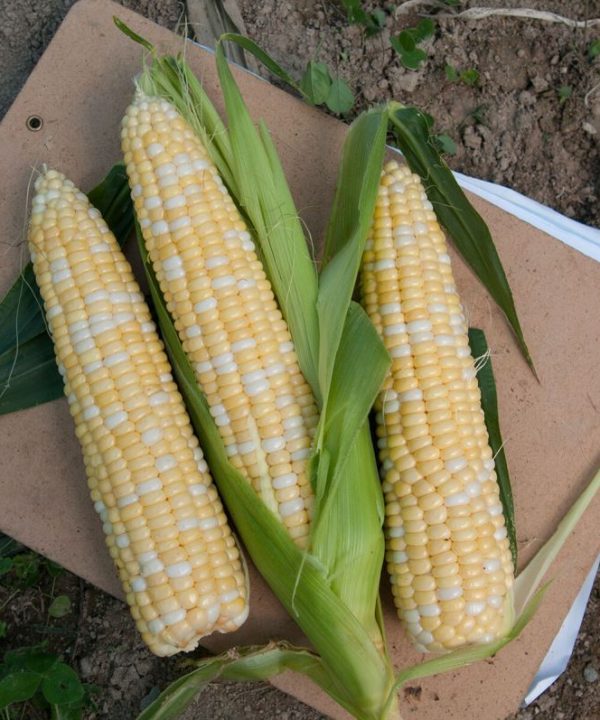
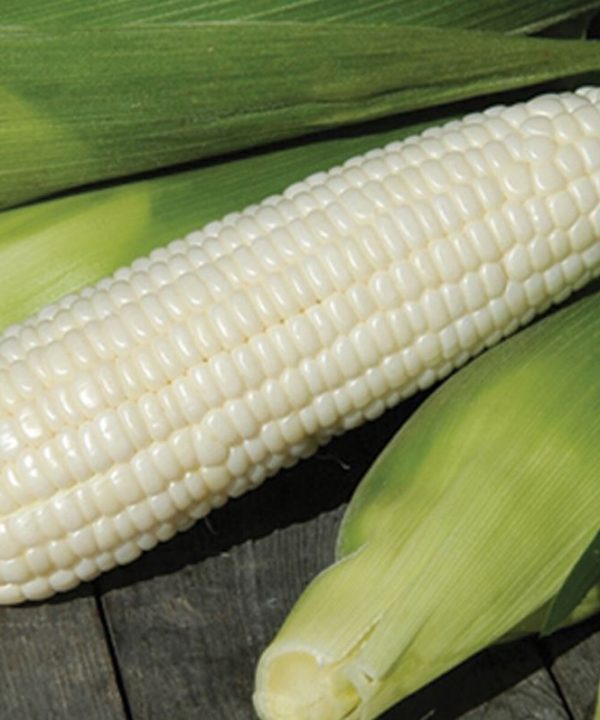
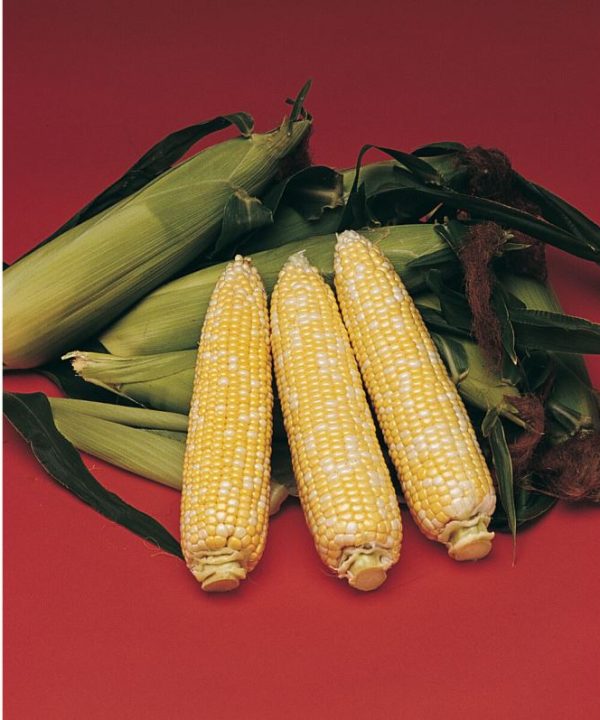
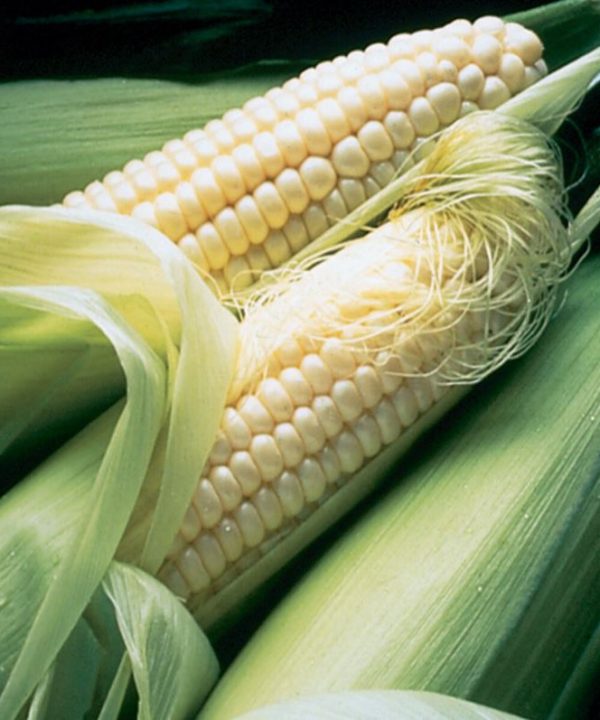
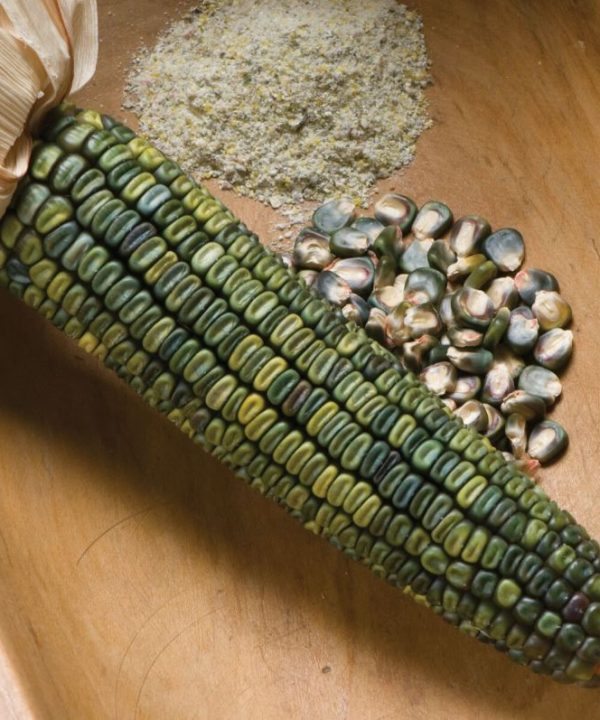
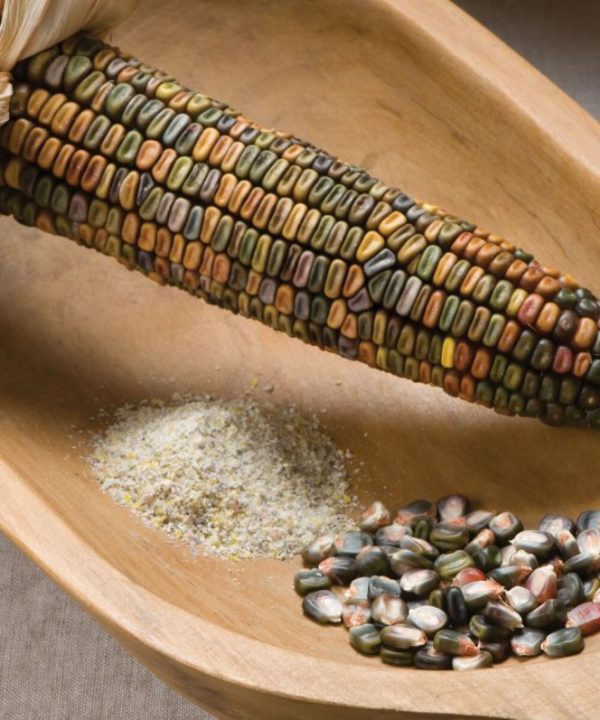
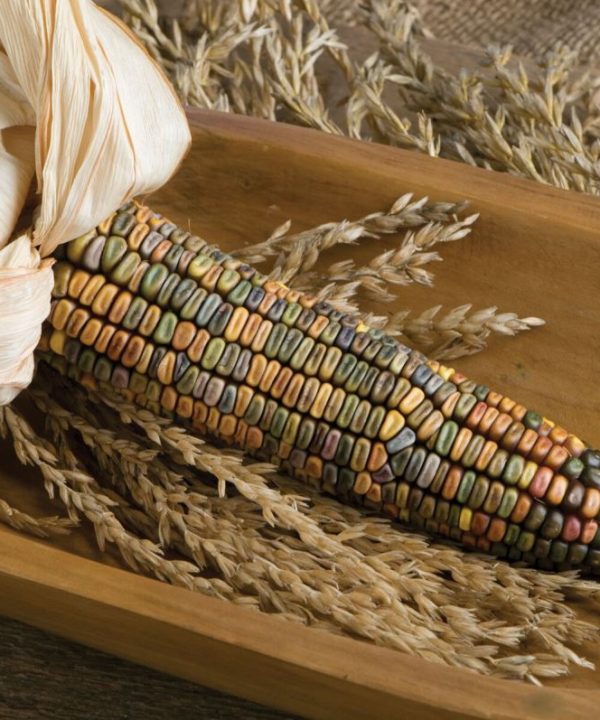
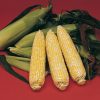
Reviews
There are no reviews yet.